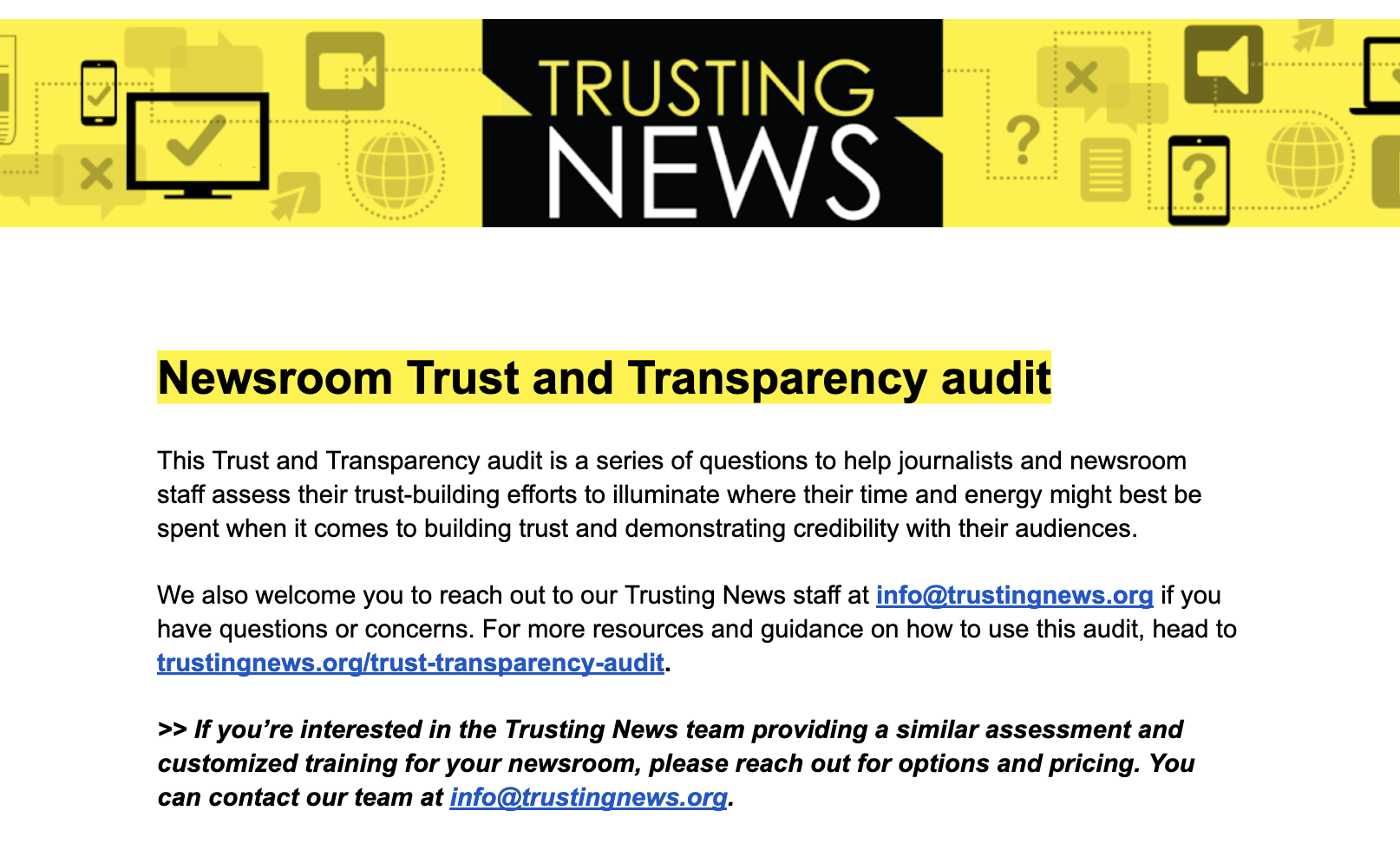
"When they put food on the shelves, you trust that it's safe."
Mickey Z. -- World News Trust
March 20, 2007 -- Detecting corporate media bias often requires us to discern omissions. For example, consider how the recent pet food recall was reported.
Los Angeles Times staff writer Kimi Yoshino penned an article ("Recall of pet food alarms owners") on March 19, 2007, that was widely syndicated. In the piece (which was consistent with almost all corporate media accounts), readers learned what brands were in question, how many animals had been affected, and (of course) that the company's stock has plummeted. Yoshino also interviewed a handful of pet owners (sic), including Victoria Levy, who declared: "That's so disturbing. When they put food on the shelves, you trust that it's safe."
When they put food on the shelves, you trust that it's safe.
This is where the concept of "omissions" kicks in because what the Los Angeles Times and its ilk opted to ignore is this: As tragic as the animal deaths caused by the tainted "food" are, a small number of contaminated cans is not really the issue when it comes to pet food. In an industry dominated by multi-nationals like Nestlé, Heinz, Colgate-Palmolive, and Procter & Gamble, repulsiveness should come as no surprise.
"What most consumers don't know is that the pet food industry is an extension of the human food and agriculture industries," explains the Animal Protection Institute. "Pet food provides a market for slaughterhouse offal, grains considered 'unfit for human consumption,' and similar waste products to be turned into profit. This waste includes intestines, udders, esophagi, and possibly diseased and cancerous animal parts."
If you question the motives of an animal "protection" group, here's what the Pet Food Institute (the trade association of pet food manufacturers) has to say: "The growth of the pet food industry not only provided pet owners with better foods for their pets, but also created profitable additional markets for American farm products and for the byproducts of the meat packing, poultry, and other food industries which prepare food for human consumption.
In a particularly ugly twist, euthanized pets are often themselves boiled and used to make cosmetics, fertilizer, gelatin, pharmaceuticals, and yes, pet food (with traces of sodium pentobarbital for added flavor). "When you read pet-food labels and it says meat or bone meal, that's what it is: cooked and converted animals, including some dogs and cats," explains Eileen Layne of the California Veterinary Medical Association.
One more time... and this time with feeling: "When they put food on the shelves, you trust that it's safe."
Mickey Z. can be found on the Web at http://www.mickeyz.net.











